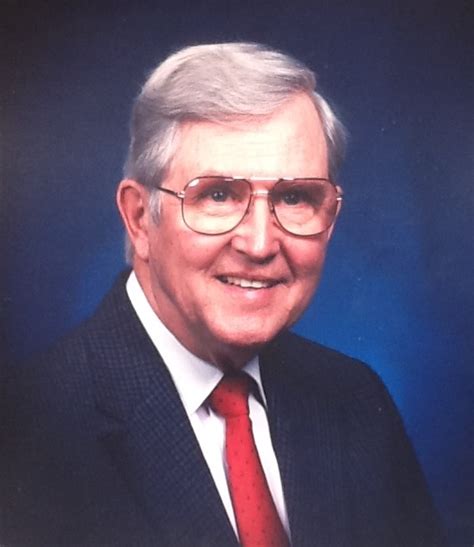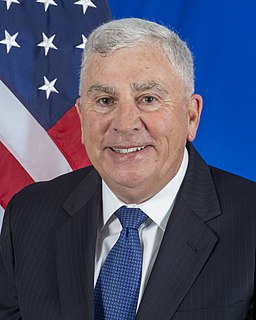A Quote by Stanley A. McChrystal
Military leaders, many of whom were students of counterinsurgency, recognized the dangers of an incremental escalation and the historical lesson that 'trailing' an insurgency typically condemned counterinsurgents to failure.
Related Quotes
Incrementalism: In the first generation, the goal of the movement was wholesale social and cultural transformation. Small, incremental victories were too little given the magnitude of America's moral decay. Since 1988, the new leaders have recognized that incrementalism is the surest path to success in political competition. The current movement is committed to securing small victories now, postponing for the long-term more fundamental changes in society and politics.
I am not going to say that people who enter the military are doing anything wrong. As I often jokingly tell my students, "Many of my best of friends are in the military!" But it's true. Perhaps not in the Aristotelian sense of the word "friendship" but on so many other levels that matter, we are truly friends.
Unlike many graduate fellowships, the Rhodes seeks leaders who will 'fight the world's fight.' They must be more than mere bookworms. We are looking for students who wonder, students who are reading widely, students of passion who are driven to make a difference in the lives of those around them and in the broader world.
In the long run, we will need many more African-American, Latino, and Native American leaders, and leaders from low-income communities, who can bring additional insight and a deeply grounded sense of urgency, and who are the most likely to inspire the necessary trust and engagement among students' parents and community leaders.
U.S. failures when it comes to the Gulf of Guinea are many: a failure to address the longstanding concerns of a government watchdog agency, a failure to effectively combat piracy despite an outlay of tens of millions of taxpayer dollars, and a failure to confront corrupt African leaders who enable piracy in the first place.




































